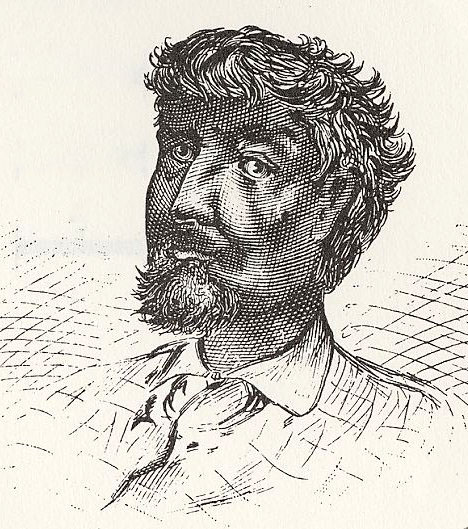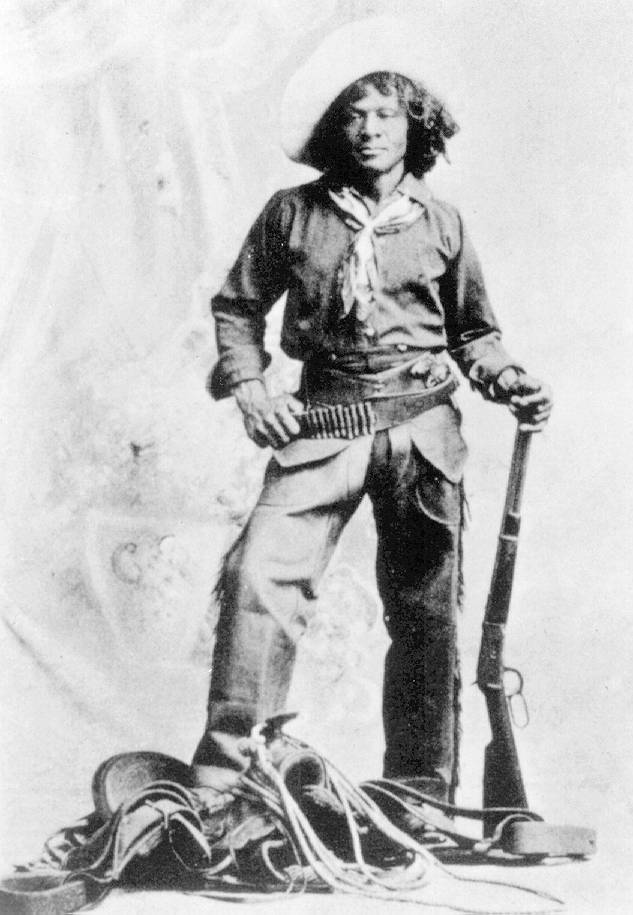In honor of Black History month, here is our list of noteworthy adventurers:
1. Juan Garrido: Conquistador and Agriculturist

Juan Garrido was born in Africa around 1480 and taken to Portugal in his youth. There he was baptized and converted to Christianity, giving himself the new name Juan Garrido, meaning “Handsome John.” He joined an expedition to the New World around 1502. With his arrival in Santo Domingo, he was one of the first African freeman to explore the Western Hemisphere. In 1519, Garrido was part of Cortez’s expedition to Tenochtitlan, now present day Mexico City. He was also an agricultural innovator and is credited with introducing Wheat to the Americas.
2. Jean Baptiste Point Du Sable: Frontiersman and Founder of Chicag0

Little is known about Point Du Sable before 1770, although most historians believe he was born around 1750 in St. Domingo. During the American revolution, he was arrested by the British for being an American sympathizer. Throughout the late seventeen hundreds he lived in and settled frontier land in present day Indiana, Michigan and Illinois. Sometime in the late 1780s Jean Baptiste Point Du Sable settled on the north bank of the Chicago river, near the rivers mouth. Point Du Sable was the first oplermanent settler of Chicago and is credited as the city’s founder.
3. York: Member of The Lewis and Clark Expedition

York was born in 1770 in Virginia. He was taken by Clark as his slave on the famous expedition of the American West in 1804. Despite being a slave, he was a full member of the Expedition party. During the Expedition, he saved Lewis from a grizzly bear and Clark from a flash flood. In addition to his bravery, he was known as the practical joker of the voyage. His fate after the expedition is in question. Clark claimed to have freed York, who after a time as a freeman, returned to Clark and requested to work again as a slave until his death. Many people do not believe Clarks account. Other accounts have York either escaping or simply refusing to return to Clarks service.
4. Nat Love: Cowboy

Nat Love (pronounced Nate) was a born a slave around 1854 in Tennessee. Despite laws against it, he learned to read while still a slave. At the end of slavery, Nat and his family became farmers. During this time, he won a horse in raffle, which he later sold for money to head west. He moved to Dodge City, Kansas, where he found work as a Cowboy on the Duvall Ranch. There, he became an expert rider, marksman and roper. Then, in 1876, he won several events at a rodeo in Deadwood, South Dakota, earning him the nickname “Deadwood Dick.” During his time as a cowboy, he also fought rustlers and dealt with Natives, before he was kidnapped by a tribe of Pima Indians in 1877. According to Nat, they let him go because of respect for his fighting ability. He spent his later life working as a pullman porter and died in Los Angeles in 1922.
5. William Sheppard: Missionary, Humanitarian and Explorer of Africa

William Sheppard was born in 1865 as a freeman in Virginia and studied at Tuscaloosa Theological Institute (now Stillman College). His wish was to embark on solo missionary service to Africa, but was denied several times from doing so by the Presbyterian Foreign Missionary board simply because he was black. He finally was allowed to go with a inexperienced yet wealthy white missionary, Samuel Lapsley. Sheppard and Lapsley were aided in their early travels by King Leopold II of Belgium who was seeking to legitimize his claim over new territory in Central Africa. The duo did not find much ecclesiastical success in Africa, although Sheppard was not bothered by this and viewed his time in Africa as not only missionary work but also exploration. He learned the language of the Kuba people, maintained good relations with them, and managed to amass a large collection of Kuba artifacts and artwork in the process. He also made several more expeditions into the Congo, where he later began to document and expose the atrocities being committed by belgian colonialists and colonial businesses against native peoples.
(Next Post) 5 Great Historical Black Explorers And Adventurers (Part II) >>

















